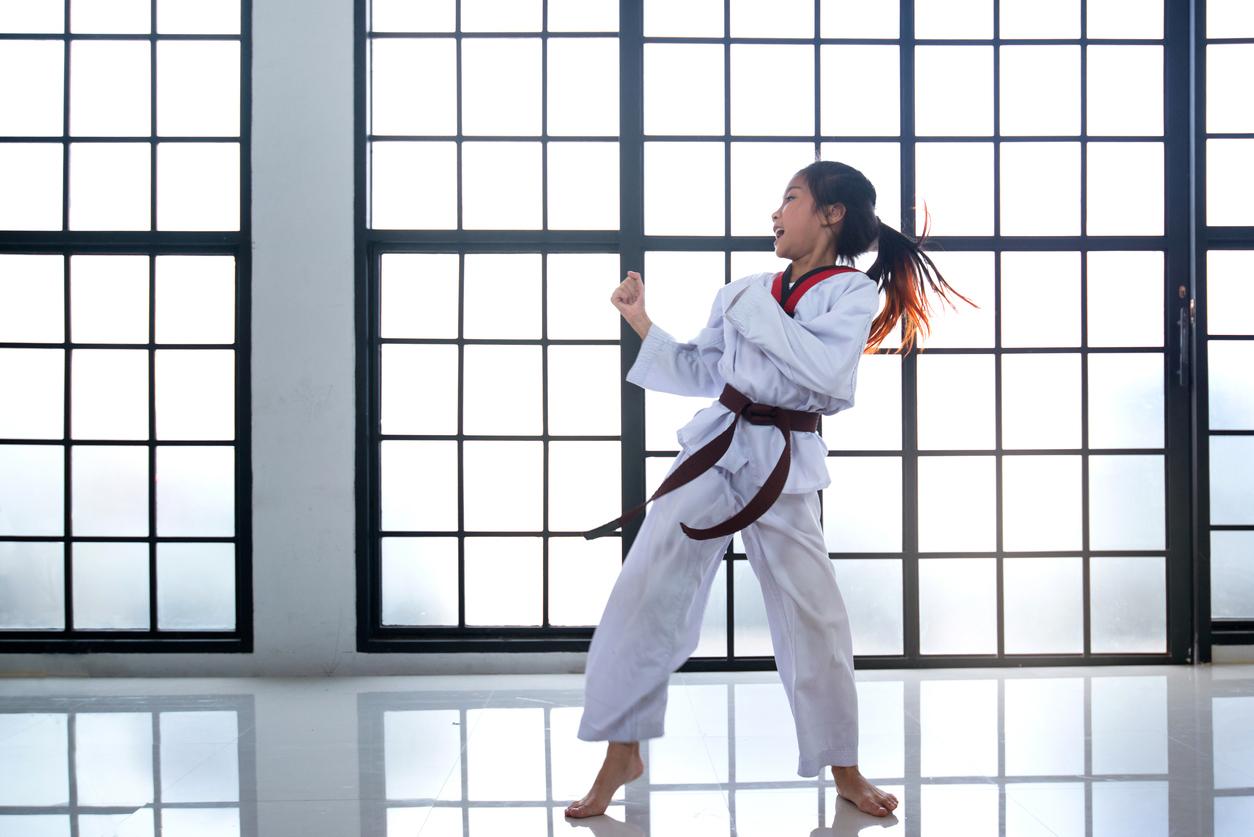Many parents of children with ADHD are interested in alternative or supplementary treatments to support their child’s executive function skill development. Research consistently shows the most effective treatment for ADHD typically involves a combination of medication and skills-building strategies, such as behavioral therapy, parent training, and coaching. For example, the Multimodal Treatment Study of Children with ADHD (MTA Study), one of the largest and most comprehensive studies on ADHD treatment, found that combining medication with behavioral interventions was more effective than either treatment alone (MTA Cooperative Group, 1999). Additional studies have supported this approach, emphasizing that addressing both the neurobiological and behavioral components of ADHD leads to better outcomes (Jensen et al., 2001; Chronis et al., 2004).
One promising area of research has explored how structured physical activity, like martial arts, may also support cognitive function in children and adolescents with ADHD. A 2019 study published in the International Journal of Environmental Research and Public Health examined the effects of Taekwondo (TKD) training on adolescents with ADHD over an 18-month period. Participants in the TKD group demonstrated notable improvements in cognitive functions related to attention and impulse control compared to a control group. Specifically, they performed better on standardized tests measuring sustained attention and inhibitory control, key areas that are often impaired in individuals with ADHD.
The researchers suggest that the disciplined and repetitive nature of TKD training may contribute to these improvements by helping adolescents build stronger executive function skills. While more research is needed to generalize these results to broader populations, the findings point to martial arts as a potentially beneficial complement to traditional ADHD treatment, particularly in enhancing attention and self-regulation.
In summary, for most children with ADHD, a combination of medication and skills-building approaches through therapy or coaching remains the most evidence-based path to long-term improvement. However, adding structured physical activity—such as martial arts—may offer additional benefits for executive function and behavioral regulation. Parents may want to consider how these activities can be integrated into their child’s routine, in consultation with their healthcare team.


